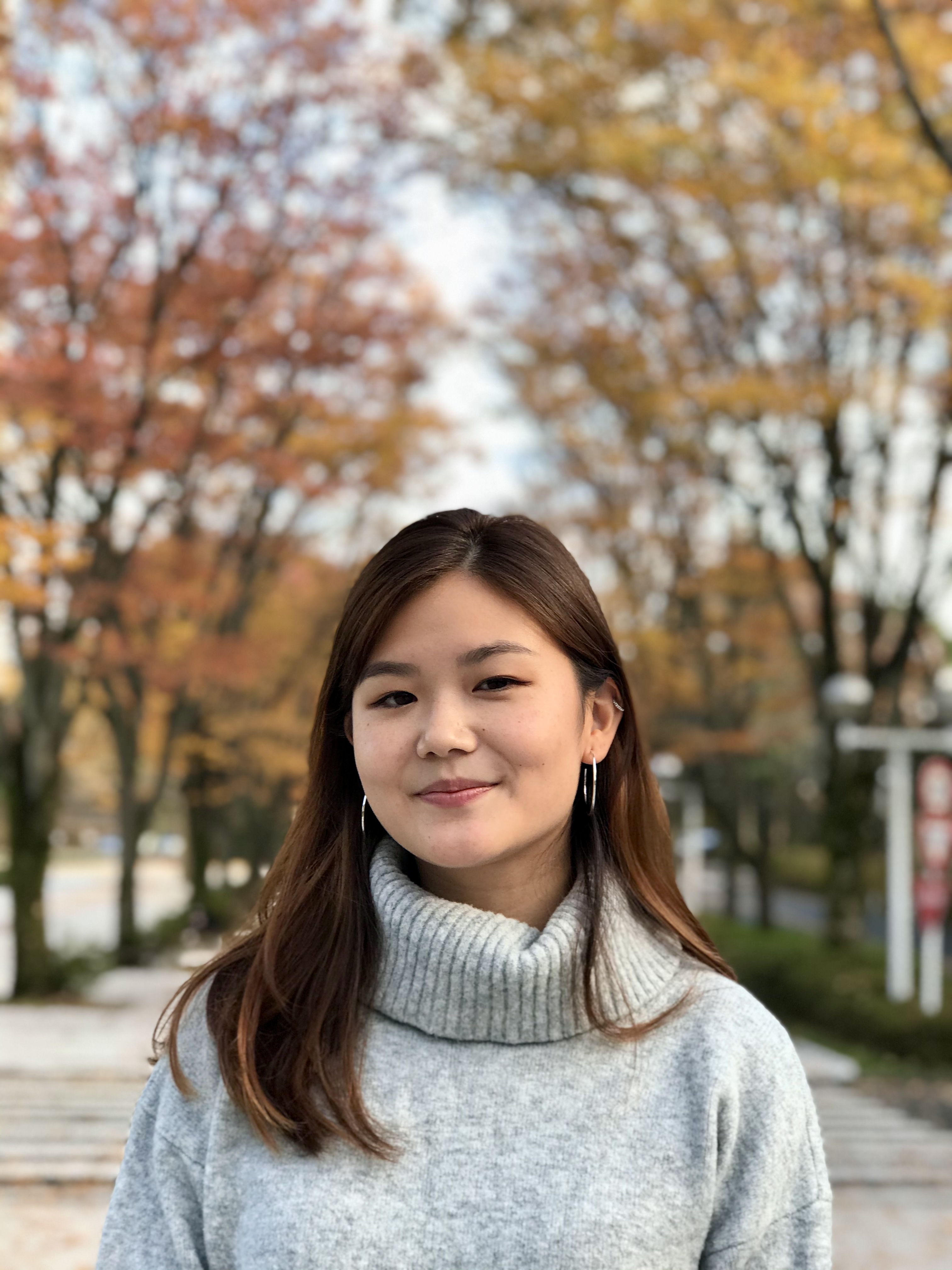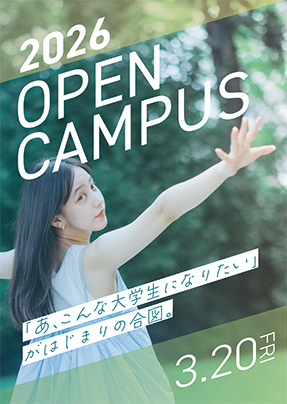News
Exploring Feminism and Climate Justice through Zine-Making: Dr. Lydia Ayame Hiraide’s Feminist Zine Workshop

Presentation at Forum of Brazilian Researchers and Brazilian Community in Japan
Presentation at QTRG 2025: Queer Temporalities
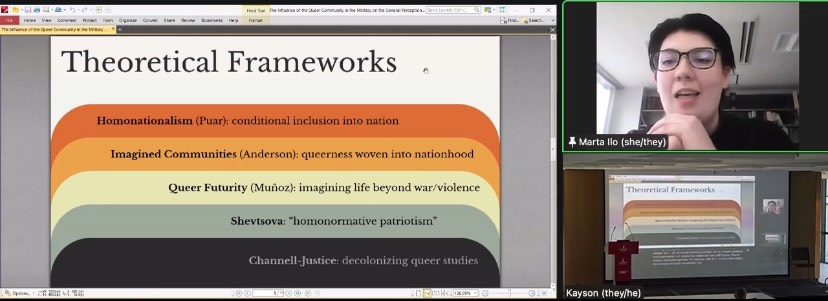
Journey of Growth at SIPS: Cultivating Peace Through Intercultural Dialogue
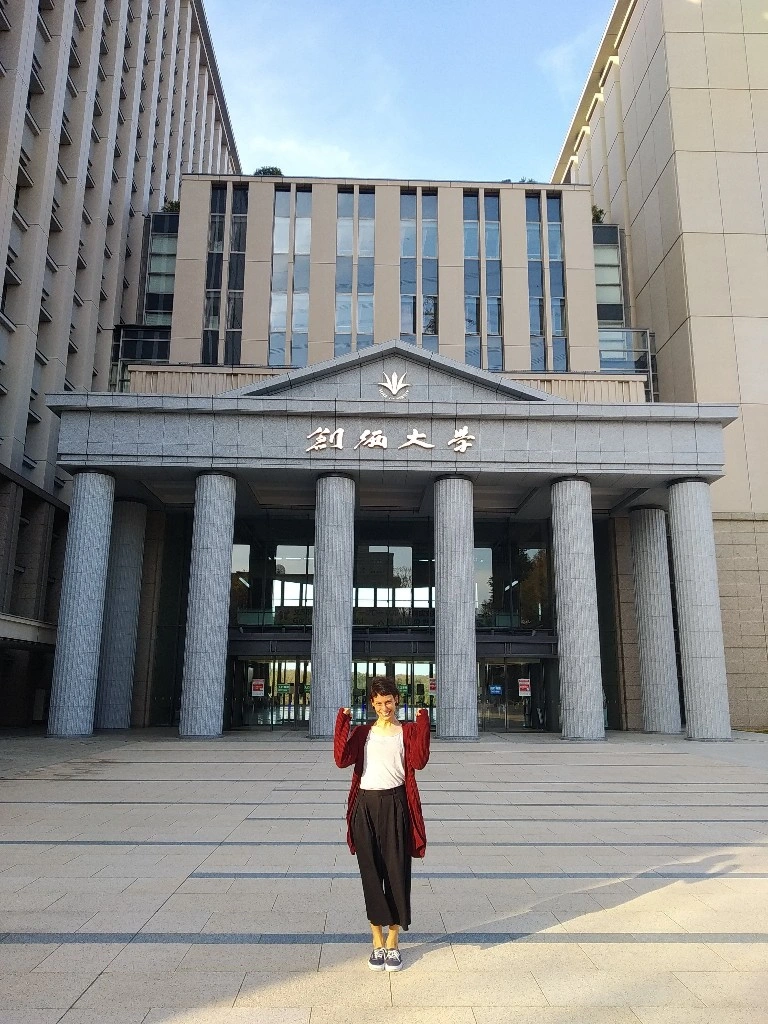
Journey of Growth at SIPS: Unwavering Commitment to Gender Justice
Journey of Growth at SIPS: Intercultural Peacebuilding Through Sports and Language
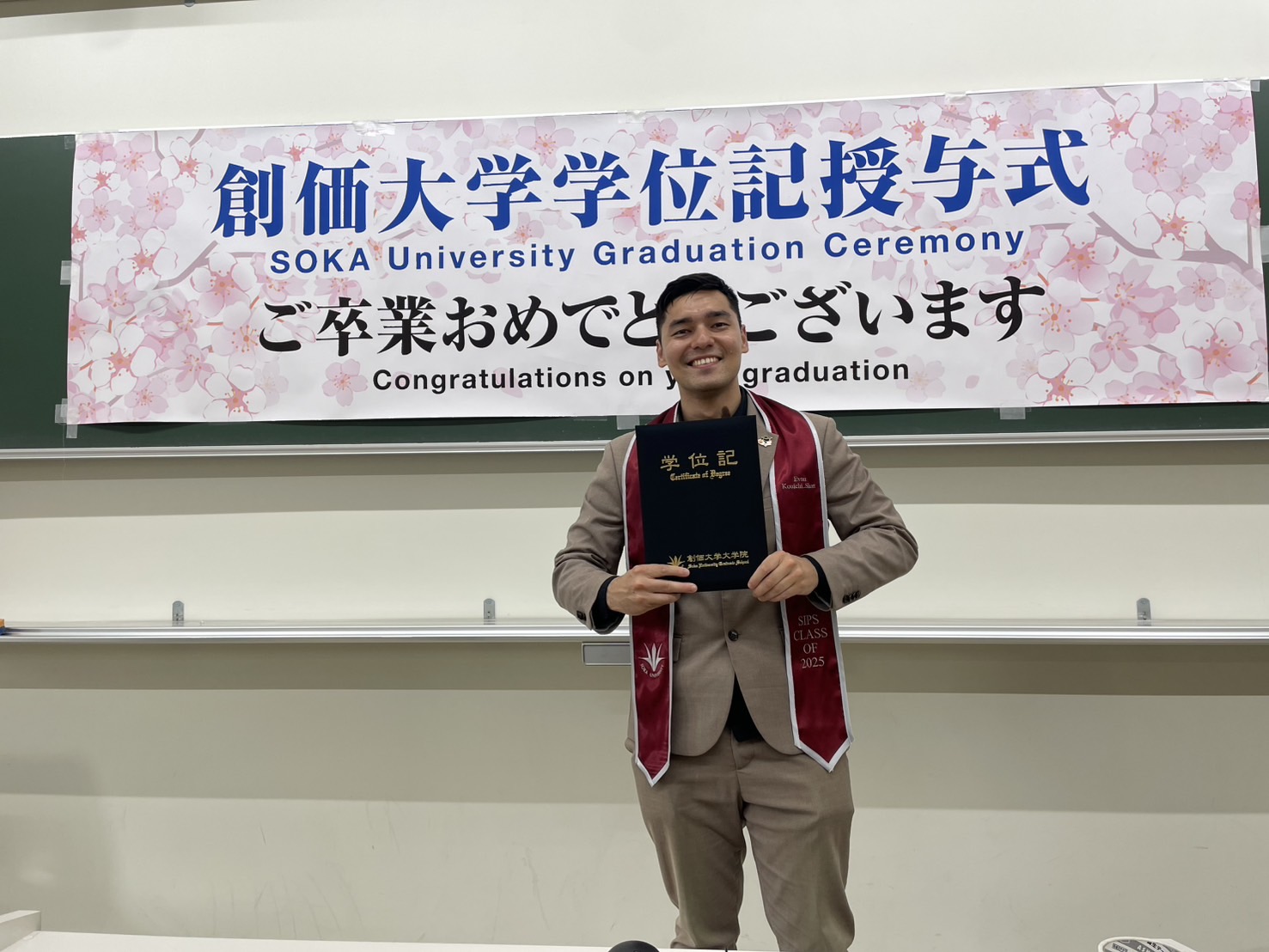
Alumni-led Seminar on Research Methods: Reflections
A SIPS Faculty Had a Meeting with the Prime Minister of India

Journey of Growth at SIPS: Cultivating Cross-Cultural Competence
Journey of Growth at SIPS: Transforming Education with Authenticity
Journey of Growth at SIPS: Fostering Peace Through Cross-Cultural Engagement
Journey of Growth at SIPS: Promoting Peace Through Global Perspectives
Journey of Growth at SIPS: From Corporate Lawyer to Social Justice Advocate
Journey of Growth at SIPS: Living the Mission of Global Citizenship Through Peace Education
Journey of Growth at SIPS: Weaving Words and Worlds with Humanistic Values
Journey of Growth at SIPS: Rooted in Justice, Growing Through Peace
